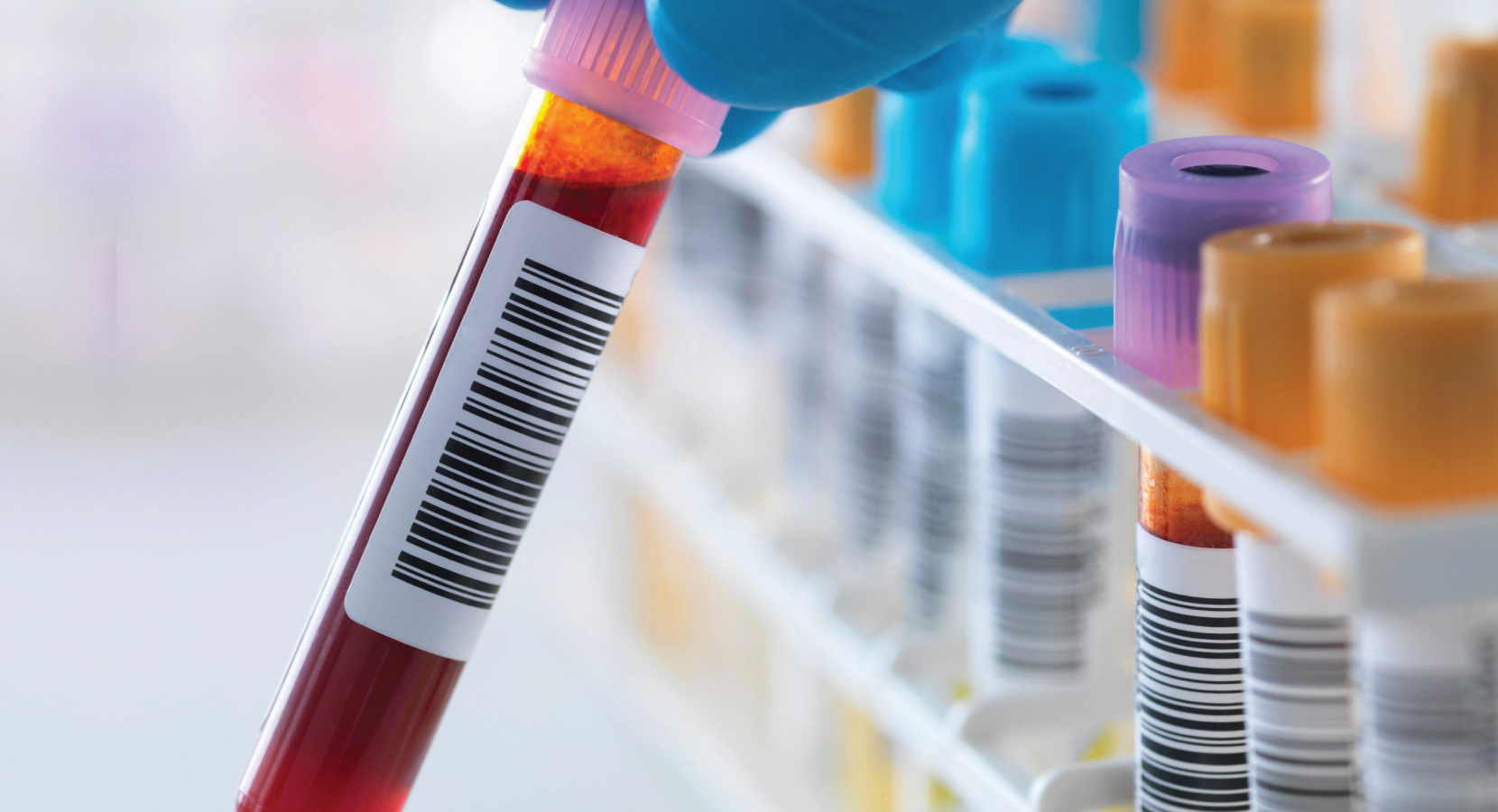$2 million estate gift accelerates Selkoe’s Alzheimer’s research

“A blood biomarker test for Alzheimer’s disease would be a game changer. It’s exciting to be on the verge of having plasma tests to help predict who is at risk for the disease before symptoms emerge.”
—DENNIS J. SELKOE, MD
What if Alzheimer’s disease could be diagnosed with a simple blood test? In 2019, researchers at the Brigham discovered it is possible to measure fragments of tau protein, a biomarker of the disease, in cerebrospinal fluid and plasma. This long-awaited advance came from the lab of Dennis J. Selkoe, MD, a trailblazer in understanding Alzheimer’s disease and its relationship to buildup of beta-amyloid and tau proteins in the brain.
“A blood biomarker test for Alzheimer’s disease would be a game changer,” says Selkoe. “We’ve never been able to send off a blood sample to assess the likelihood of Alzheimer’s and whether one will decline cognitively. But that potential now exists with several tests underway. At least one captures early cognitive and neurodegenerative changes, even in older adults who still have normal cognitive function.”
To build momentum towards Alzheimer’s advances, the estate of an anonymous donor recently awarded $2 million to support Selkoe and his team in the Brigham’s Ann Romney Center for Neurologic Diseases. This remarkable gift will boost more studies of diagnostic tools, therapeutic antibodies, and small molecules with treatment potential.
“Our progress would not be possible without the generosity of our benefactors,” he adds. “It’s exciting to be on the verge of having plasma tests to help predict who is at risk for the disease before symptoms emerge.”
Buoyed by promising results of one of their tests, called the NT1 (N-terminal 1 fragment of tau) assay, Selkoe’s team launched a larger testing phase—increasing the likelihood the disease will soon be detected without expensive brain imaging or more invasive measures. The researchers are also sharing data with other scientists to speed overall plasma test research and development in the field.
A representative of the donor’s estate is heartened to imagine this generous gift enabling such meaningful progress. He says, “The donor would have been pleased to see Dr. Selkoe and his team advance early detection and treatment in ways that could change the future of Alzheimer’s disease for millions of people. It has been gratifying to me to facilitate this gift to such a dedicated team.”